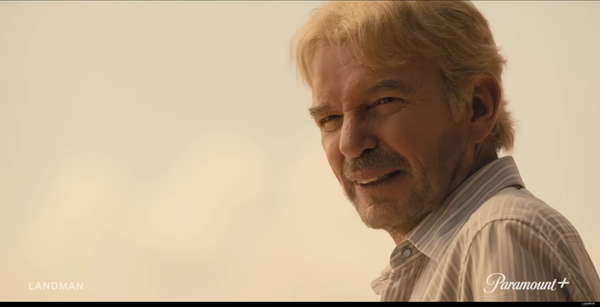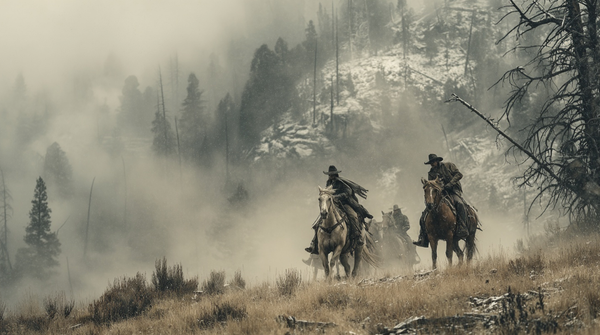How I Broke Into Indie Game Design: Lessons, Failures, and the Power of Creativity
Here, I’d like to share some personal experiences that I hope will help those looking to get started with indie game design.
First, a little background: I majored in art and developed the indie game “Song of Maka” during college. It was a tough journey, but I was honored to win awards at domestic competitions like CUSGA and IndiePlay this year. My insights lean more toward planning and design, but I believe they’ll be useful for newcomers.
Why choose games?
I decided to design games in my freshman year, but at the time, I knew nothing—I thought game design was all about worldbuilding and storytelling. That led me to write tens of thousands of words of lore for my first project, which ultimately went nowhere.
I totally understand—many aspiring indie game creators have a strong desire for self-expression.
However, what we need to learn is why we choose games as a medium for expression, what makes games unique, and what their strengths and weaknesses are compared to other forms.。

Film is a passive medium, which means the audience can focus entirely on receiving the director’s intended message. That’s why, before you dive into hands-on development, I strongly recommend reflecting on the questions above and gaining a deeper understanding of games as an art and entertainment medium.
Some ideas are actually better expressed through a book or a film. So, since we’ve chosen games, we need to truly understand this unique tool.
Play Games and Write Reflections
When we want to make indie games, most of us have a role model in mind, or we want to see if similar games already exist for reference. That’s exactly what I did—I started playing a variety of indie games. But I soon realized that simply playing games wasn’t helping me learn quickly; I needed to reflect and summarize my experiences. So, the first really helpful tip I want to share is writing. After finishing a game, write down your thoughts:
What moved you in this game? Go a step further—analyze why it moved you. This is an active process of thinking, and you’ll find that after writing your reflections, you get much more out of the experience than just playing the game.
I used to write a game reflection every month and publish it. At first, not many people paid attention, but just putting my thoughts out there gave me the motivation to keep going. Over time, my game analysis became deeper, and more people started to interact with me. This is truly a great way to improve your game literacy.
Participate in Gamejams
Gamejams are a fantastic way to get hands-on experience: within a limited timeframe, you team up with strangers to create a game based on a given theme. There’s plenty of information about gamejams online, so I won’t go into the basics here. What I do want to emphasize is that, if making games is like leveling up in a video game, then joining a gamejam is the fastest way for beginners to gain experience.
Every gamejam teaches you a ton, and the lessons cover every aspect of development. You’ll collaborate with others, which means you’ll learn about communication, project management, what each role does, and how a production pipeline works. Most importantly, you’ll finish making a game in a short period of time. Whether the game turns out great or not doesn’t really matter; what counts is that, by the time you’ve completed it, you’ll have a much clearer understanding of game development:
This time, you’ll know what could’ve been done better, and next time, you’ll know what to prioritize…

My Gamejam Experience
In 2022, I participated in four different gamejams. Each one taught me valuable lessons and gave me new experiences—no two were the same. I also made a habit of writing about my gamejam experiences, reflecting and summarizing in a more organized way. All in all, give it a try—you’ll definitely gain something from it.
Short Gamejams
You can join events like Global Game Jam or CIGA Game Jam, which usually last two days—if possible, choose an in-person event. For longer jams, try Booom Game Jam, which typically runs from two weeks to a month.
Here’s a quote for you, from Jesse Schell, a professor of game design at CMU:
“The first ten games you make will all be garbage.”
So don’t worry—focus on learning and growing through practice. Getting started is the most important step.
Finding Mentors
This might be a bit subjective, but I believe having a personal idol or mentor can be a huge motivator when you’re starting out in indie game development. For me, I actively reached out to teachers I admired and asked for their advice. Since I studied abroad, I would email professors in game design, sharing my work and my struggles, hoping to connect and learn from them. To my surprise, they were always happy to help. Thanks to guidance from Jesse Schell (author of “The Art of Game Design”) and game scholar Eric Zimmerman, I gained a much clearer sense of direction for my own projects.

Jesse Schell is truly a great person! All the industry veterans I’ve met have been incredibly kind—most of the time, it’s just us who are afraid to take that first step. You might say, “But what if my idol is someone like Hideo Kojima? How could I ever reach out to him?” What I really want to emphasize is that we should make an active effort to expand our circles, get to know creators who are better than us, and engage with them. Sharing and networking is always beneficial.
As for people like Kojima, you can start by learning more about them! In 2023, I decided to deeply study one of the legends in the game industry and truly get to know him. I chose the “God of Games” Shigeru Miyamoto. That year, I learned about Nintendo’s history, its famous games, and the creative philosophy the company stands by. I found that Nintendo’s spirit of originality resonated with my own design values, and I was fascinated by the development philosophies behind Mario and other titles. I realized that, if I wanted to keep leveling up, I should try to fully absorb the wisdom of this company’s leading figure.

I found a website called SpriteCell that archives all of Miyamoto’s interviews, and I spent day after day reading, taking notes, and trying to understand his philosophy—how his ideas evolved over the decades. There are over a thousand interviews, spanning many years.
Every great game designer has their own unique perspective, and truly absorbing those ideas is like standing on the shoulders of giants—it broadens your vision and adds depth to your own creations. So, choose a designer you admire, learn from them, and get to know who they are as a person. That process is like having a conversation with them, and sometimes, something they said will spark a moment of sudden insight.
Train Your Creative Muscles
Indie games value creativity, but coming up with original ideas is often tough. I used to think creativity was a special gift that some people just had, and I didn’t have the ability to generate ideas quickly. But I can tell you for sure—creativity is just like a muscle, and it can be trained.



